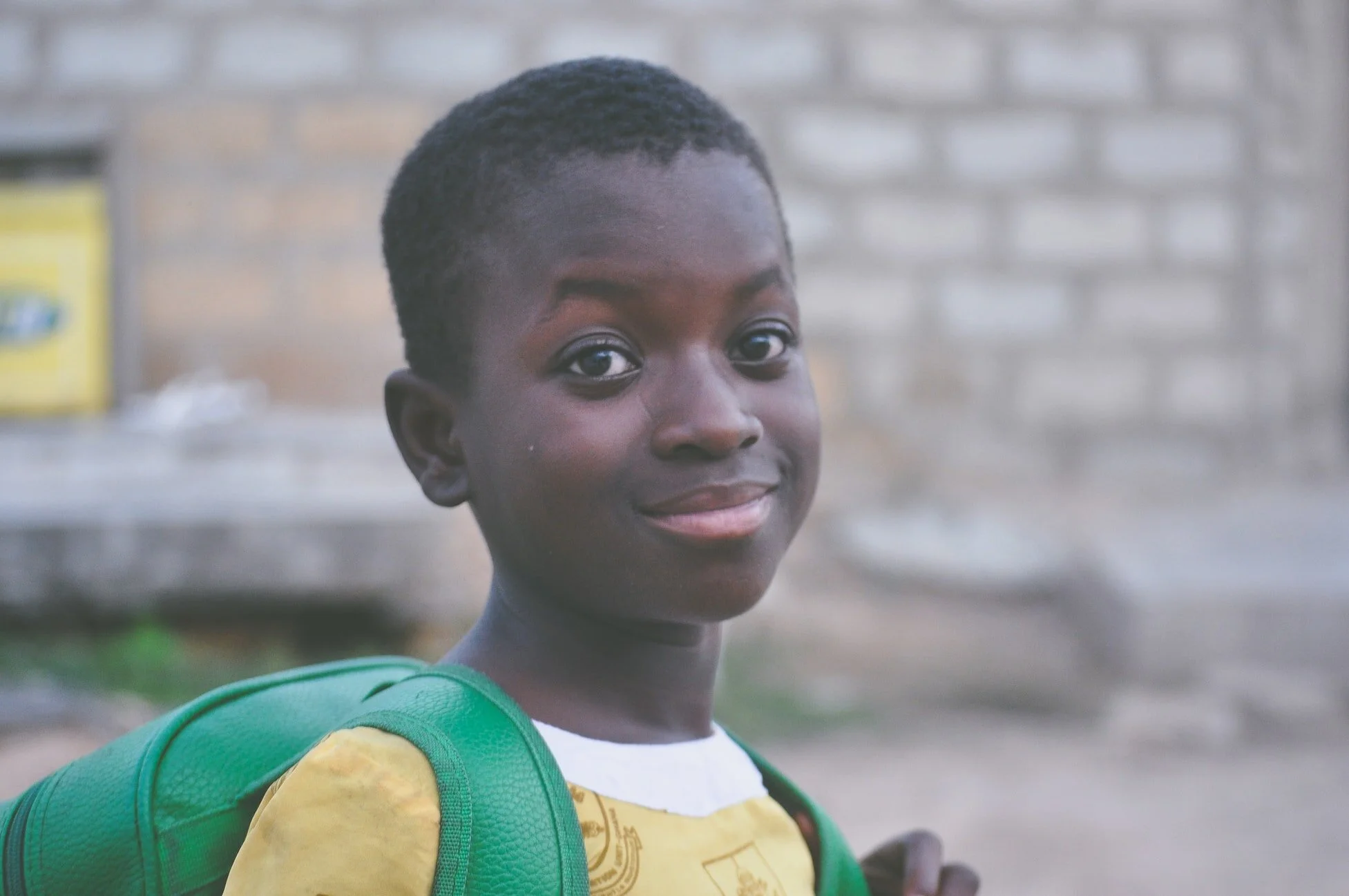what teachers and proprietors are saying about their readiness and preparedness for school reopening in Ghana
Study Background
Objective: To document the readiness and preparedness of early childhood centers to reopen schools
Major Findings
Most of the ECD teachers (84%) who participated in the study said they are likely or somewhat likely to return to school and teach. None of the proprietors said they would not reopen their school. This is good news for children. However, about 1 in 9 teachers in the study said they would not return. Some of the reasons included having found a new job, not satisfied with salary and not receiving financial support from their schools during the long break. This high number is concerning, as it may contribute to fewer teachers available to teach daycare students and socially distant students.
Figure 1: Likelihood of ECD teachers to return to school when school reopens
Most of the proprietors said they would not increase tuition (55.8%) when school reopens. Still, about 31% (1 in 3) said they would.
Figure 2: Intention of school proprietors/managers to increase school fees when school reopens
Close to half (47% of teachers and 48% of proprietors) of the study participants reported they have not received any training on how to teach and prevent coronavirus in the classroom. The majority of them, specifically, 67% of teachers and 80% of proprietors, would like this training.
Figure 3: Proportion of ECD teachers who reported receiving COVID-19 related training before school reopens
Figure 4: Proportion of ECD teachers who report wanting training on how to teach and protect themselves from COVID-19
Figure 5: Proportion of ECD proprietors/managers who report wanting training on how to teach and protect themselves from COVID-19
A high percentage of the teachers (61.2%) and proprietors (81%) in the study are not worried about getting sick with the coronavirus when school reopens. Many feel confident that they can protect themselves and their students from coronavirus. Most of the proprietors/managers also reported that they have or somewhat have the resources (86%) they need to reopen school. Close to 80% of proprietors said they have a designated room to isolate sick children.
Figure 6: Proportion of ECD proprietors/managers who report wanting training on how to teach and protect themselves from COVID-19.
Figure 7: Proportion of ECD teachers who report wanting training on how to teach and protect themselves from COVID-19
The most feasible ways the teachers and proprietors said they could prevent coronavirus in their schools are for the children to wear masks and for the schools to have more tents/spaces to implement social distancing. They did not like a shift system for school reopening.
Figure 8: Proportion of ECD proprietors/managers who report wanting training on how to teach and protect themselves from COVID-19
About 71% of teachers said, so far, they are satisfied or somewhat satisfied with the Ghana Education Services’ response to the needs of ECD children during the coronavirus pandemic. However, approximately 81% of proprietors and managers were not satisfied with how the Ghana Education Service (GES) responded to the needs of ECD teachers.
Figure 9: Satisfaction with GES’ response to the needs of ECD children during the coronavirus pandemic
Figure10: Satisfaction with government response to the needs of ECD teachers during the coronavirus pandemic
Implications and Recommendations
Many ECD teachers and proprietors are strongly motivated to reopen schools.
Teachers and proprietors would like training on how to teach and prevent COVID-19 in the class.
Parents should be prepared for tuition increases in some schools
Schools with limited resources should be provided with tents so that they can prevent coronavirus
Back to school campaigns should not only encourage students to return but teachers as well












